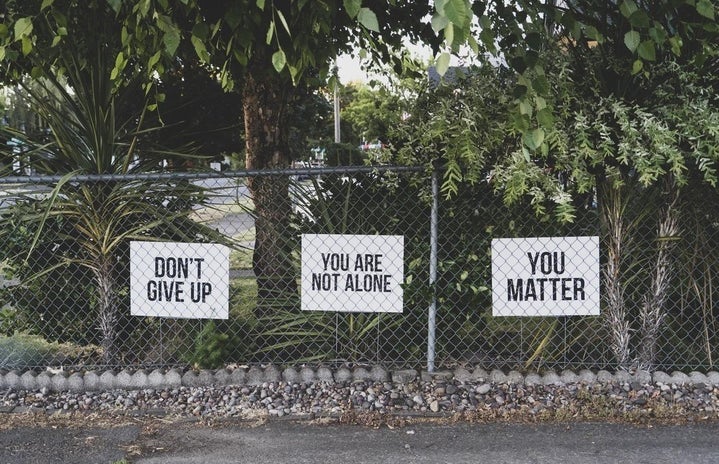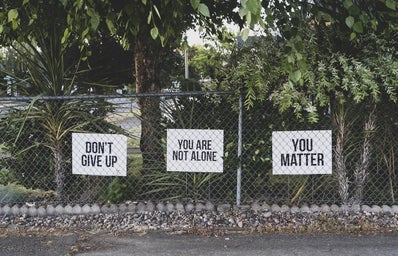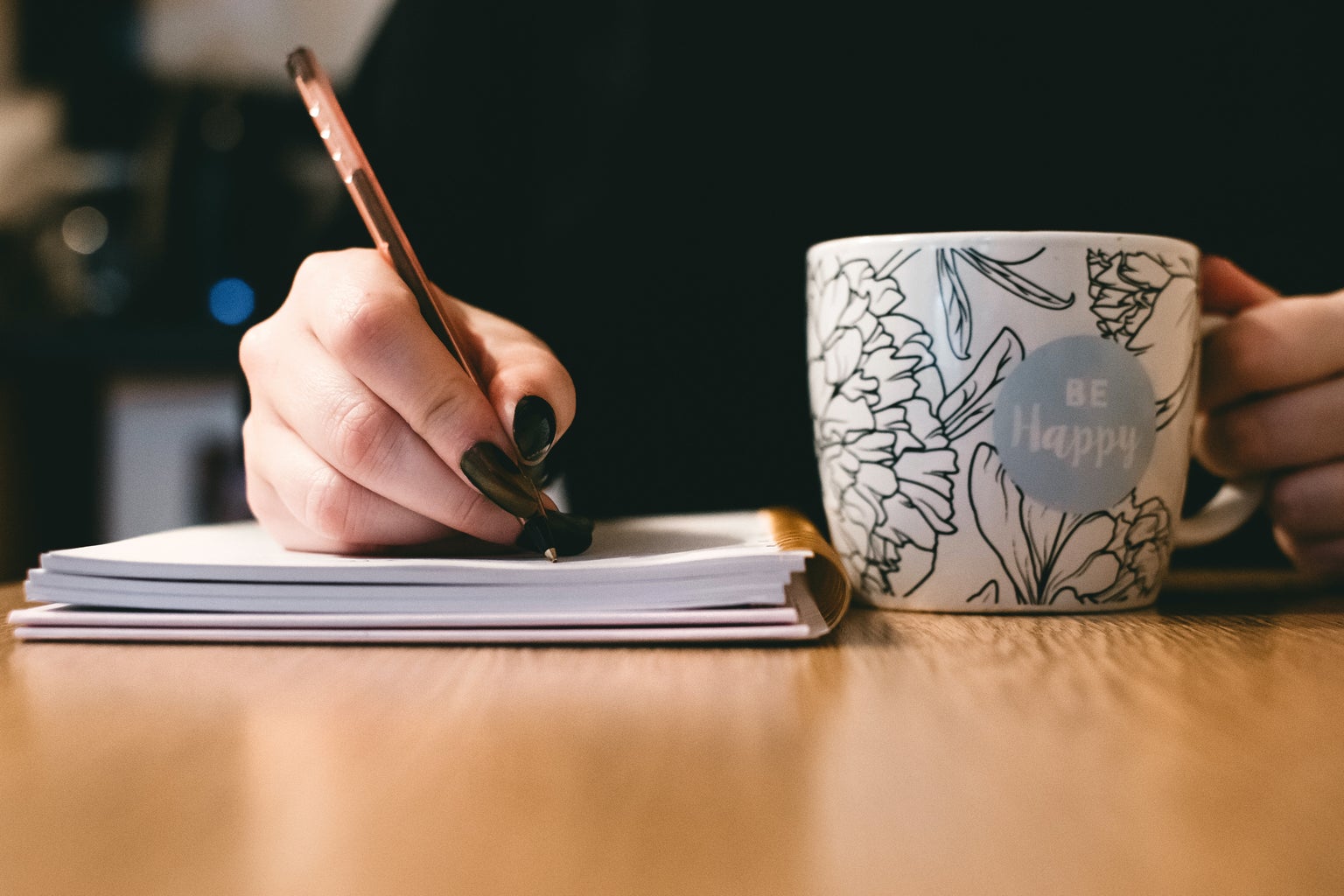Many of us are at the starting line of our futures, and I can fully admit, it’s overwhelming. Whether you’re focusing on your classes, starting a new internship, getting involved on campus or just doing what you love — I’m here to remind you that it’s okay to step back and reflect on the progress you’ve made.
This semester is the first time I’ve experienced an unusual amount of imposter syndrome. I’ve started a new internship and I’ve absolutely loved every moment of it, but sometimes, I sit there at my desk and just think, “Am I good enough for this?” What about my future? Am I capable of all that I’m so incredibly excited to seek out for myself?
Whether you’ve thought about this recently or these questions have crossed your mind, I know how it feels and I can tell you that the short and simple answer is yes — you’re more than ready for this world and you deserve the opportunities that come into your life. However, if there’s anything I’ve learned about imposter syndrome is that oftentimes, it can still find its way back to you, no matter how successful or established you’ve become.
What even is this detrimental feeling that overcomes young people and older, more seasoned professionals? NPR’s Life-Kit Host Diana Opong helped me understand it a bit better. It all started in 1978 when graduate students Suzanne Imes and Pauline Rose realized they didn’t feel good enough to be doing their graduate studies. Opong had the pleasure of interviewing Dr. Imes herself, a now practicing therapist in Georgia.
Imes explains that the imposter phenomenon is felt by many high-achieving individuals who don’t consider themselves as intelligent or creative as other people think they are. It’s usually coupled with feelings of anxiety and Imes notes that some of us may even feel immobilized or become bigger procrastinators. It’s a feeling I’ve tried to run away from, but ironically, hearing this definition on my drive to my internship made it seem less intimidating to face. Opong spoke about how naming reality helps us find a way through it and knowing that this is a shared experience makes it easier to work through.
So, if you’re feeling like an imposter and you’re struggling with managing it, here are a few things I’ve learned through some research and good-old self-reflection.
- Have self-compassion, be self-soothing.
Give yourself the same amount of grace and patience you offer to others, especially when it comes to facing failure. Perfection shouldn’t be a standard you’re chasing and it often works against you in the workplace. We’re all just trying the best we can, don’t get caught up with the perception of your work or work ethic. You’ve made it this far because you earned it — be proud of yourself for that.
- Work towards accepting your feelings, don’t be afraid of them.
Your feelings are valid, even if you’re scared to admit that. Dr. Imen stated that no amount of money, fame or notoriety can cull the imposter phenomenon. It happens to almost all of us (kudos to the lucky ones out there), and finding the time to talk or even write about it is healthy for your psyche. Sometimes all it takes is a 45-minute phone call with your mom or best friend to remind you that the world is in fact your oyster and you’re going to be okay despite your fears.
- Decide to be confident, you have every right to be.
Raise your hand, volunteer your expertise and honor the value you bring everywhere you go. Trust me, that’s a lot easier said than done, but when you surround yourself with the right people, you’ll realize you’re worthy of praise. When you feel like you’re spiraling into the dark vortex of self-doubt, write down three things you’ve done well. It could be as simple as acknowledging how great your morning coffee came out or how well you did on a quiz. For me, writing it out is a form of manifestation and self-care.
- Visualize your success, you’re going to make it.
This is definitely the easiest one for me since I’ve always found myself romanticizing the future and moments I’m looking forward to. However, it’s actually a tactic that’s taught to military recruits, training them to handle a situation before it happens. Maj. Nicole Miner, a former instructor at West Point spoke about her experience: “Before confronting a naysayer I would conduct a mental rehearsal to make sure I was clear and firm. Self-talk then helps me stay under control and in the ‘right’ mindset for the situation.”
Miner reminds us that confidence doesn’t just come from experience, if that were the case, we would never try new things or discover what we love to do. Envision yourself getting that promotion, nailing that interview, getting that score on the exam, writing a good paper, or winning the award you’ve dreamt of receiving, I know you’ll get there.
I recently accepted that new ideas are like first drafts, they have the right to be bad or underdeveloped, they should be given the space to improve, and sometimes, starting is the hardest part. This mindset has helped me in the creative department as well, whether it’s a new drawing I want to work on but can’t seem to physically start or a short story idea that hasn’t been written out yet, or even a daring concept I want to bring back to my internship — peace can be found in the waiting process, enjoy it while you can.
After all, I hope you realize that even when you’re feeling like an imposter, failure doesn’t make you a fraud, it makes you human.
If you’d like to hear more about imposter syndrome, life advice and navigating adulthood I urge you to subscribe, follow or listen on Spotify or Apple Music to NPR’s Life Kit — a podcast that’s dedicated to making you feel less alone in this world.





